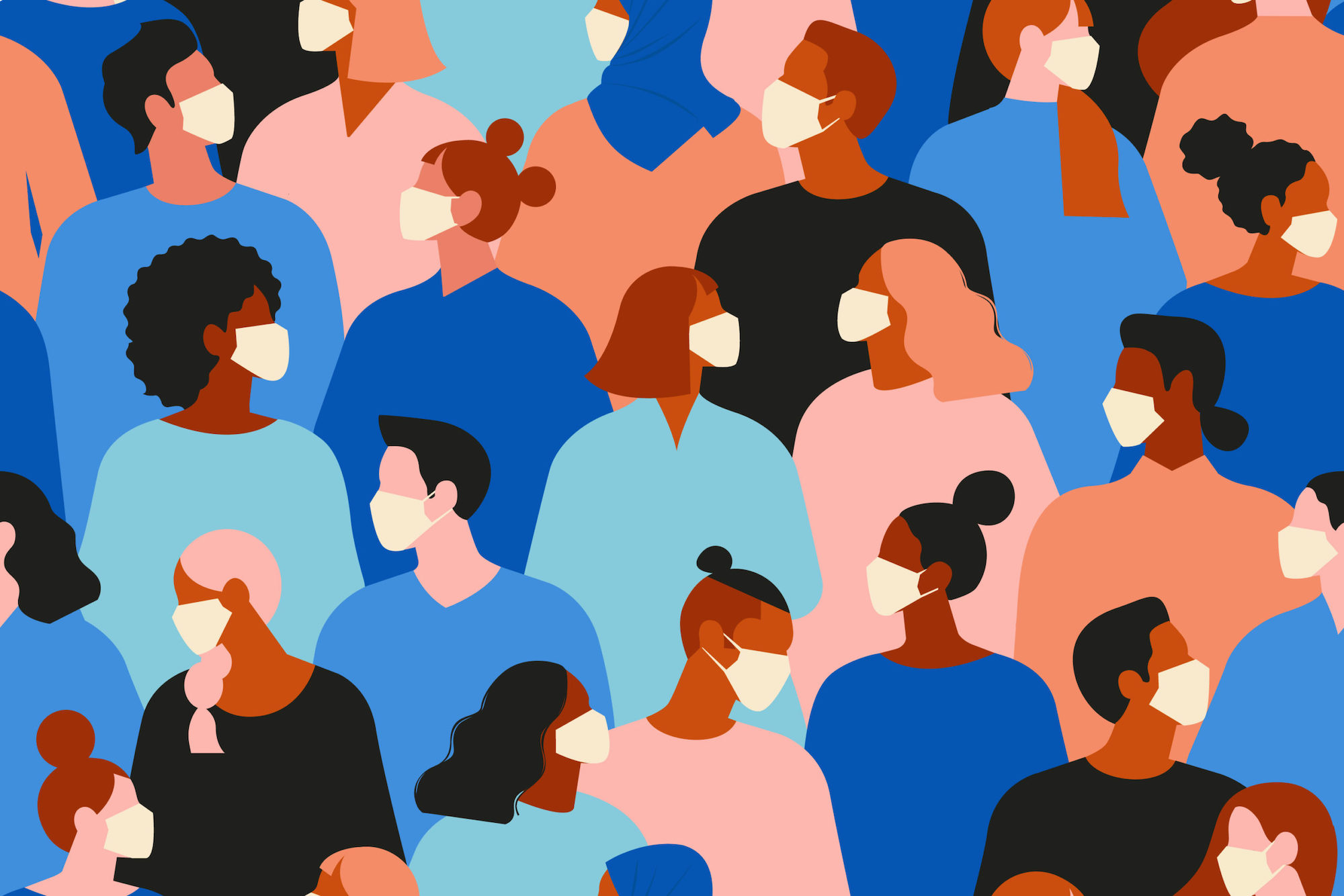
Immigrants helping immigrants: Pooling resources for America’s most marginalized during COVID-19
I BELONG gathered 12 nonprofits from across the Philadelphia region to discuss a coronavirus support plan for immigrants.
Back in October 2019, the group I BELONG — a collective of graduates from the Welcoming Center for New Pennsylvania’s Immigrant Leadership Institute — gathered a host of nonprofit organizations from around the Philadelphia region that provide services to new immigrants for an “on the table” discussion on what was provided and needed for the community.
Fast forward five months, and a similar discussion was organized by I BELONG around supporting immigrants during COVID-19.
“We had around 12 organizations,” said Ben Goebel, a member of I BELONG.
They included the African Family Health Organization (AFAHO), HIAS, The Cambodian Association of Greater Philadelphia, ACLAMO (Acción Communal Latinoamericana de Montgomery County), and Philly Counts to name a few.
The group talked about everything from combating racism, ensuring information access, and government support for immigrants to the census, aid for immigrant small businesses and the status of those in detention centers in Pennsylvania and across the country in times of COVID-19.
I BELONG published a list with all of the talking points:
Of the eight listed, Goebel said two rose to the top of the list of concerns for immigrants: money and information access.
For him, they go hand-in-hand.
“All the organizations talked about unemployment, and they needed help to translate documents,” said Goebel. “It’s both the money and information because [their] ability to know which benefits they can receive and scared they might not have enough money to survive for a longer period of time if this crisis really lasts too long.”
Goebel also mentioned how many immigrants aren’t eligible for any benefits, especially those part of the federal government’s massive stimulus package. A recent report by the AP said millions of tax-paying immigrants are left out of the relief bill.
Beyond knowledge of potential benefits, he also said general knowledge in certain communities about COVID-19 still lags far behind.
In one instance highlighted by a participating nonprofit, a member of its community had just discovered on the day of the conversation organized by I BELONG that COVID-19 was a virus.
RELATED CONTENT
The conversation happened on March 26.
“That was staggering,” said Goebel.
The goal of the initial “on the table” discussion around COVID-19 was to gauge what was happening in different communities and potentially collaborate on solutions.
What the organizers found was that most of the nonprofits were already enacting their own solutions catered to their communities.
In response, I BELONG also published a list of those resources:
“It’s a resource guide of resource guides,” said Goebel.
One point of collaboration came when discussing the expansion of translation for Philadelphia’s COVID-19 resource web pages. Right now, the city has translated documents in 12 languages.
Other talking points included lobbying local congressional reps to include immigrants as part of the next stimulus package and collaboration between governmental and nonprofit agencies to create a one-stop shop for immigrant COVID-19 resources.


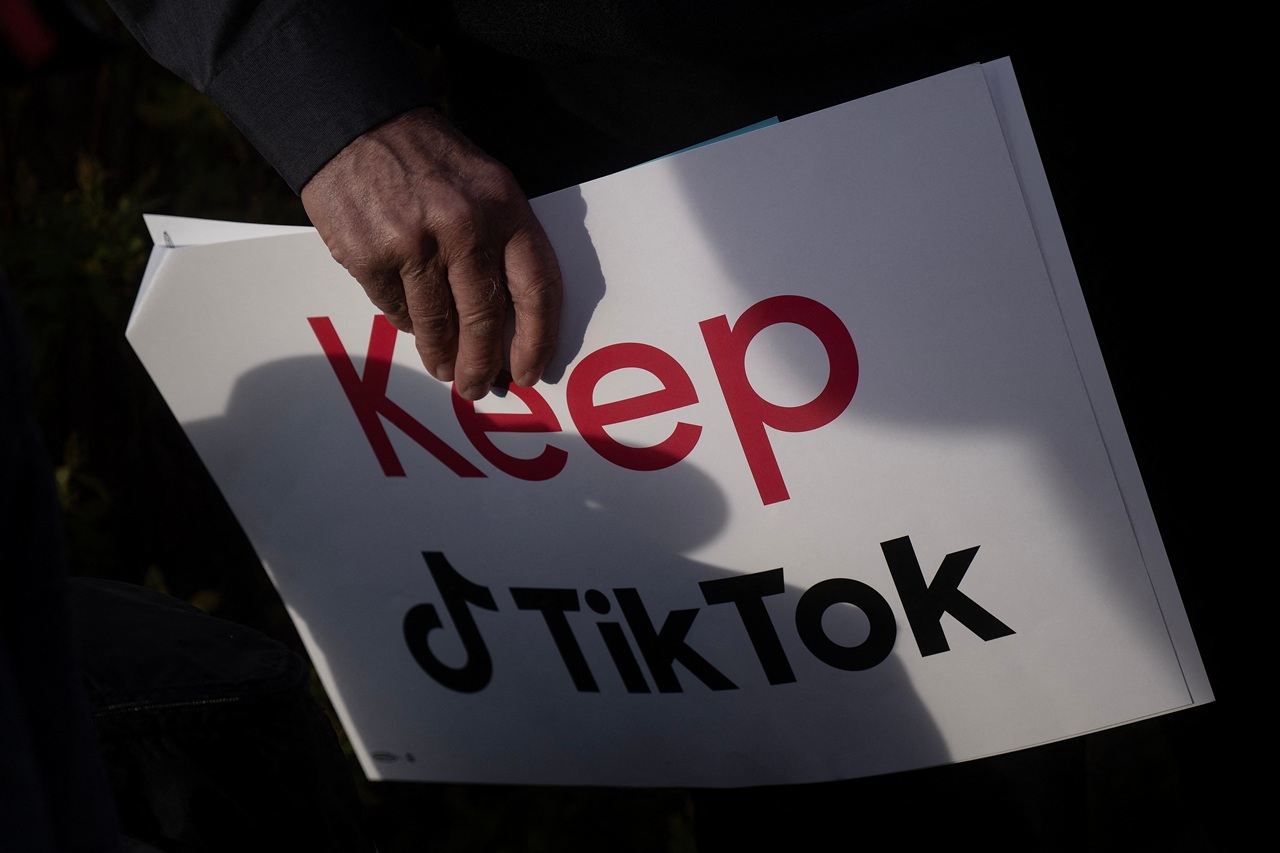
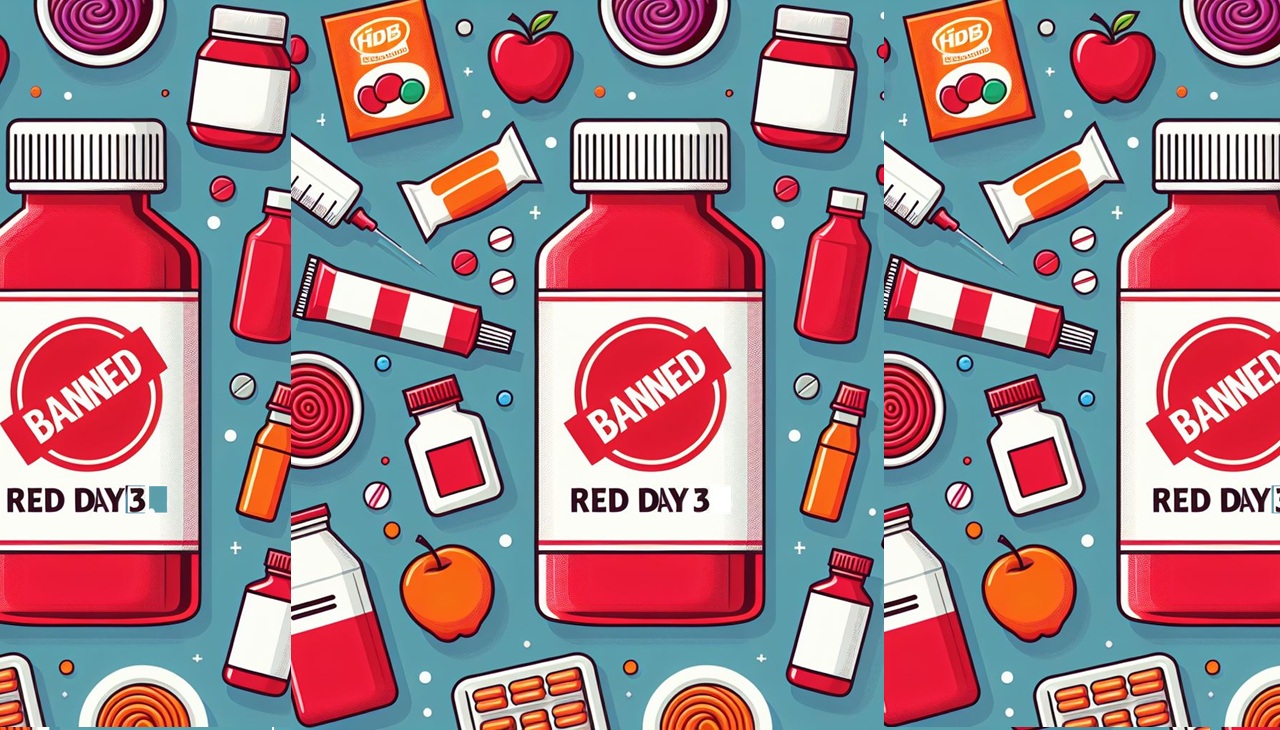


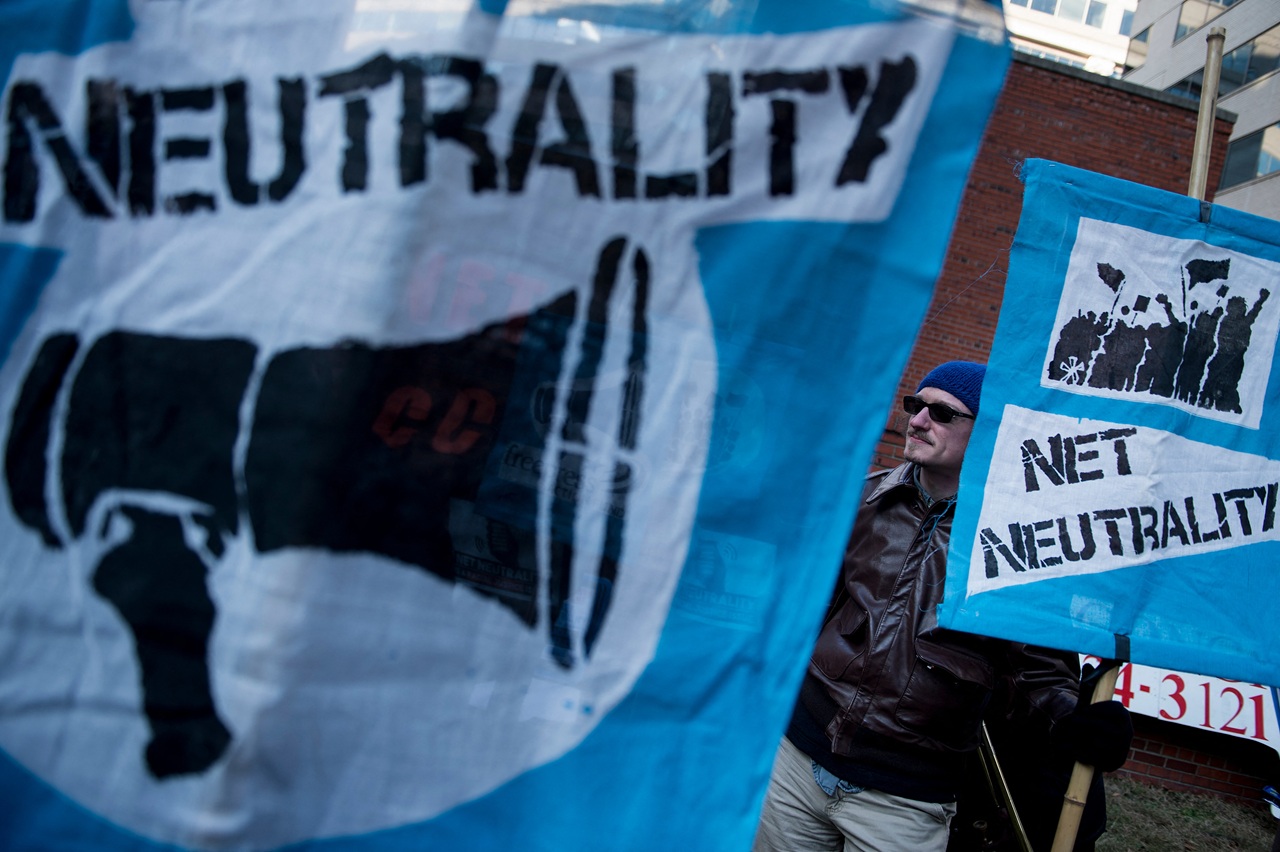
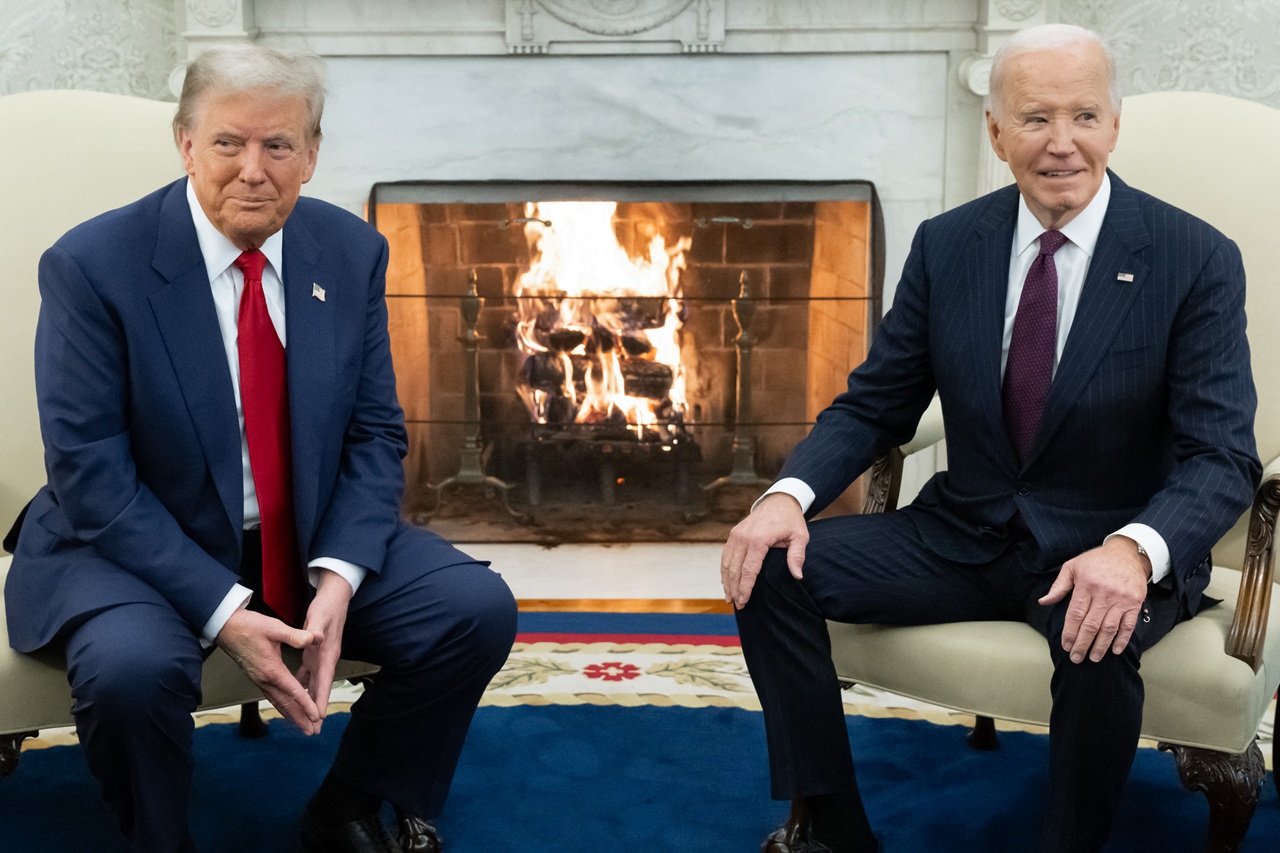

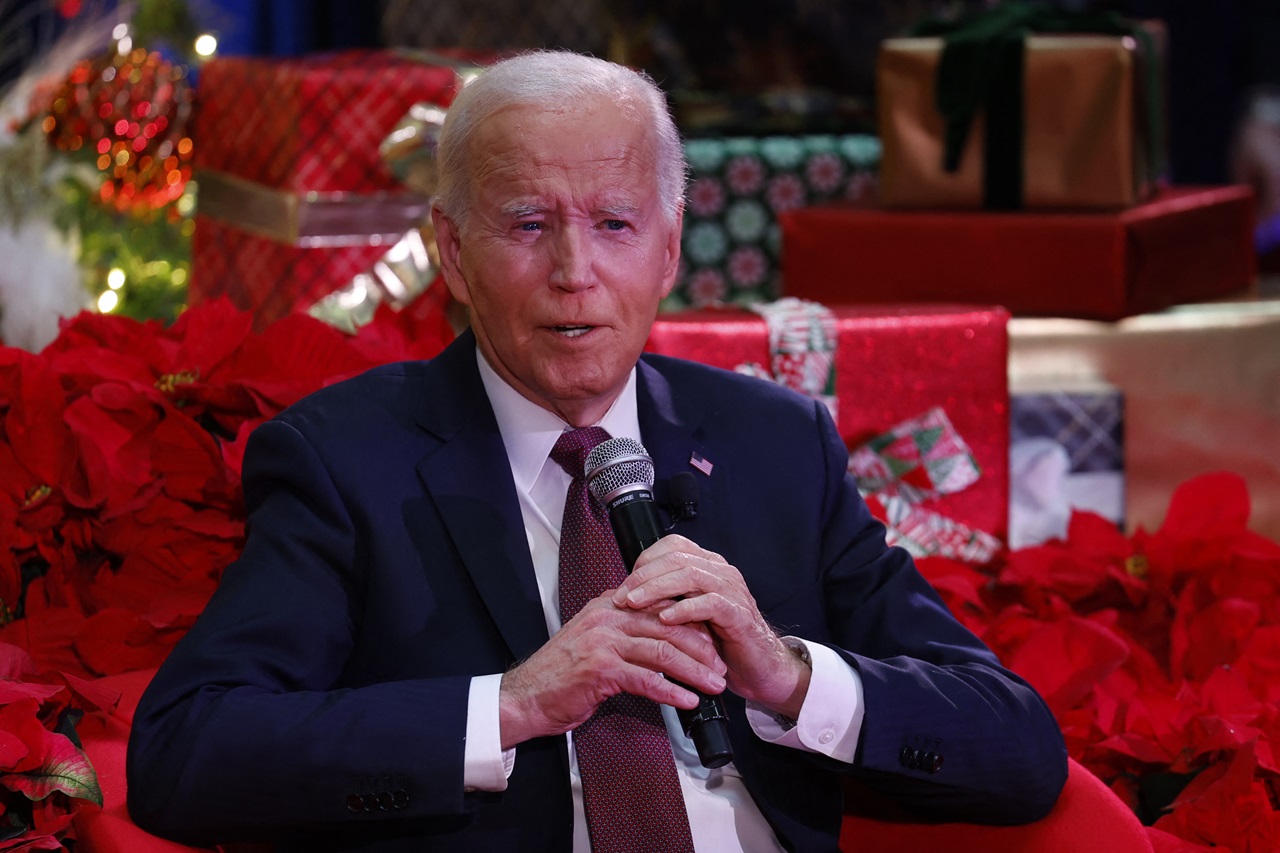

LEAVE A COMMENT: